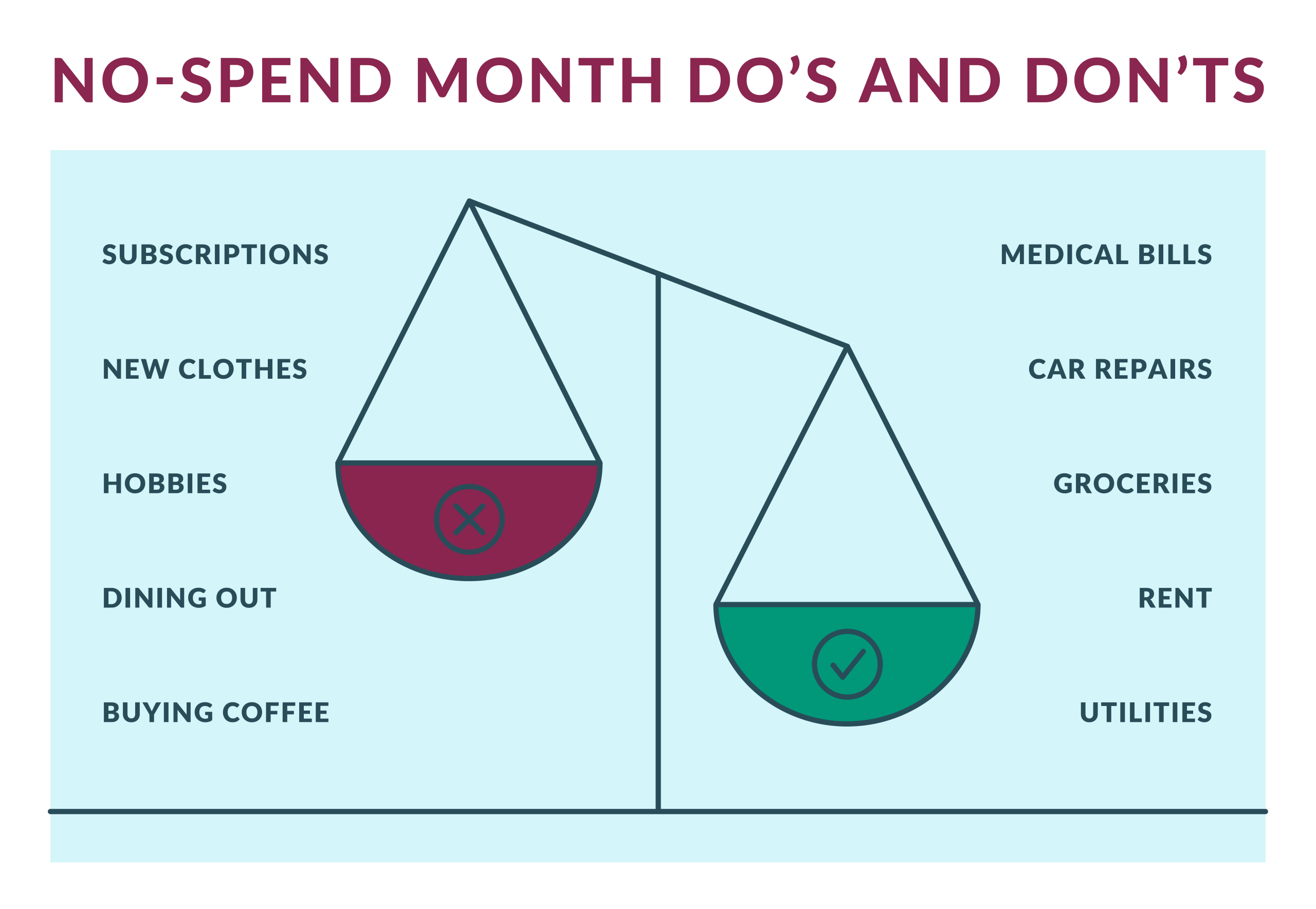Anúncios
Managing business finances effectively is essential for the success of any enterprise.
And an extremely efficient tool for improving financial management and organizing professional expenses is the business credit card.
It is specifically designed for business-related expenses and offers features that help improve operations, manage cash flow, and simplify expense control.
Keep reading to understand how a business credit card works and how it can benefit your company!
What is a business credit card?
A business credit card is a financial product tailored for companies and professionals who need a reliable means to manage business expenses.
Unlike personal credit cards, business credit cards are specific to meet the unique needs of business operations.
They offer features such as higher credit limits, enhanced reporting tools, and reward programs aimed at common spending categories—for example, office supplies, travel, and marketing.
These cards help businesses maintain financial separation, making it easier to track expenses and organize records for taxes or audits.
Additionally, responsibly using a business credit card can help build a strong business credit profile, which is crucial for securing future loans or better financial terms.
How does a business credit card work?
This type of card provides a revolving line of credit specifically for business expenses.
These cards are customized to meet the unique needs of businesses, helping manage cash flow and streamline expense tracking.
Even sole proprietors or freelancers can apply for a small business credit card, as long as they engage in profit-generating activities.
Once approved, the business receives a revolving line of credit, meaning you can spend up to a set limit and pay in full or partially each month.
Many cards offer grace periods, allowing you to avoid interest charges if the balance is paid within a specific timeframe.
Who can apply for a business credit card?
Eligibility for a business credit card extends to a wide range of professionals. Whether you run a sole proprietorship, an LLC, or a corporation, you can qualify.
Even individuals with side businesses, like freelancers or gig workers, can apply if they have income-generating activities.
Applicants typically need to provide an Employer Identification Number (EIN) or a Social Security Number (SSN), along with basic business details such as revenue and years of operation.
Some issuers may also require a personal guarantee, holding the cardholder personally accountable for any accumulated debt.
How to apply for a business credit card
Applying for a business credit card can be a straightforward process if you take the right steps.
It is essential to prepare carefully to increase your chances of approval and secure the best terms.
Below is a step-by-step guide to help you navigate the application process.
Step 1: Assess your creditworthiness
Before you begin, evaluate your personal and business credit scores, as most issuers consider both when determining eligibility.
A strong credit history, both personal and business, increases your chances of approval.
It can also qualify you for better perks, such as lower interest rates and higher credit limits. If your credit is low, consider taking steps to improve it before applying.
Step 2: Gather the necessary documentation
Having all your documents in order is vital to ensure a smooth application process.
Typically, you will need:
- Employer Identification Number (EIN) or Social Security Number (SSN),
- Financial statements,
- Proof of revenue,
- Information about your business structure.
Accurate and detailed records give issuers confidence in your financial stability, which is especially important for new or small businesses.
Step 3: Research card options
Not all business credit cards are created equal. Some offer rewards like cashback on daily business purchases, while others focus on travel perks or provide tools for expense management.
Compare features, fees, and interest rates to find a card that aligns with your business needs and spending habits.
Look for options with benefits that match your most frequent expenses, such as office supplies, marketing, or client travel.
Step 4: Submit the application
After selecting the right card, complete the application process. Most issuers allow online applications, which speeds up the process.
Be thorough and accurate when filling out forms, as discrepancies can delay approval.
Decisions are usually made within a few business days, and once approved, you’ll have quick access to your credit line to start managing expenses.
Benefits of a business credit card
A business credit card offers numerous advantages that can streamline operations and support financial management.
Below are some key benefits that make these cards an essential tool for businesses of all sizes.
Earn rewards and perks
Business credit cards often come with rewards programs specifically designed for professional expenses.
From cashback on office supplies to travel points for business trips, these rewards add value to your daily expenses.
Over time, these benefits can significantly offset operational costs, making them a valuable resource for companies seeking to maximize value.
Effectively manage cash flow
Access to a revolving line of credit allows businesses to manage their cash flow more efficiently.
Whether covering short-term expenses during revenue gaps or financing new opportunities, these cards offer financial flexibility.
Thus, they act as a financial bridge, keeping operations running smoothly without the need for immediate outlays.
Access higher credit limits
Unlike personal credit cards, business credit cards typically offer higher credit limits. This allows businesses to make larger purchases or investments.
This feature is especially beneficial for companies with fluctuating expenses or those planning growth, as it provides the flexibility to cover significant costs.
Simplify business finances
One of the most critical aspects of financial management is keeping personal and business finances separate.
Using a business credit card exclusively for professional expenses simplifies accounting, tax preparation, and financial reporting.
In other words, this distinction can also help you avoid complications during audits or tax filings.
Track and categorize expenses
Most business credit cards provide detailed monthly statements and expense tracking tools.
These features help businesses monitor spending patterns, categorize expenses, and set budgets.
Thus, over time, these insights can inform smarter financial decisions and aid in long-term planning.
Drawbacks of a business credit card
While the benefits of a business credit card are undeniable, it is equally important to consider the potential drawbacks.
Understanding these disadvantages can help you use your card responsibly and avoid unnecessary risks.
Lack of CARD Act protections
Unlike personal credit cards, business credit cards are not covered by the Credit Card Accountability Responsibility and Disclosure (CARD) Act.
This means issuers can adjust terms, increase fees, or change interest rates without the same restrictions that protect individual consumers.
Therefore, it is essential to review and understand the terms and conditions before committing to a card.
Potential impact on personal credit
Many business credit cards require a personal guarantee, meaning the cardholder is personally responsible for any incurred debt.
Late payments or defaulting on the account can negatively impact your personal credit score, which can affect your ability to secure personal loans or credit in the future.
While this personal guarantee is a common requirement, it underscores the importance of using your business credit card responsibly and ensuring timely payments.
Higher interest rates
Business credit cards often come with higher interest rates compared to traditional loans or lines of credit.
If you carry a balance from month to month, these interest rates can quickly add up, increasing the overall cost of borrowing.
Therefore, paying your balance in full whenever possible is essential to avoid excessive interest payments.
Risk of overspending
The accessibility and flexibility of a business credit card can sometimes lead to overspending, especially during periods of high demand or business growth.
Uncontrolled spending can result in significant debt that may harm your company’s financial health.
Implementing a clear budget and monitoring expenses can help mitigate this risk.
A business credit card is a powerful financial tool that can simplify expense management, improve cash flow, and offer valuable rewards for daily business spending.
However, it is equally important to consider potential drawbacks, such as personal liability, higher interest rates, and the risk of overspending.
Before applying, take the time to assess your business’s unique financial needs and determine if a business credit card aligns with your goals.
When used responsibly, these cards can enhance your company’s financial flexibility and support long-term growth.
Staying informed is essential to making the best decisions for your financial success, so continue exploring our resources!






